Kuwangisana Project in Mozambique – struggling for a better health and against HIV/AIDS in Mozambique
By Denise Nanni and Milena Rampoldi, ProMosaik. In the following our
interview with Manuel Gabriel Miandica of the Kuwangisana Project in Mozambique, providing
health and educational services to communities in the country, and struggling
against the high incidence of HIV/AIDS. In the local Sena language, the word
Kuwangisana means “for a better health and well-being of all”. With this hope
for all people affected by HIV/AIDS in Mozamique, I would like to thank Manuel
for this time.
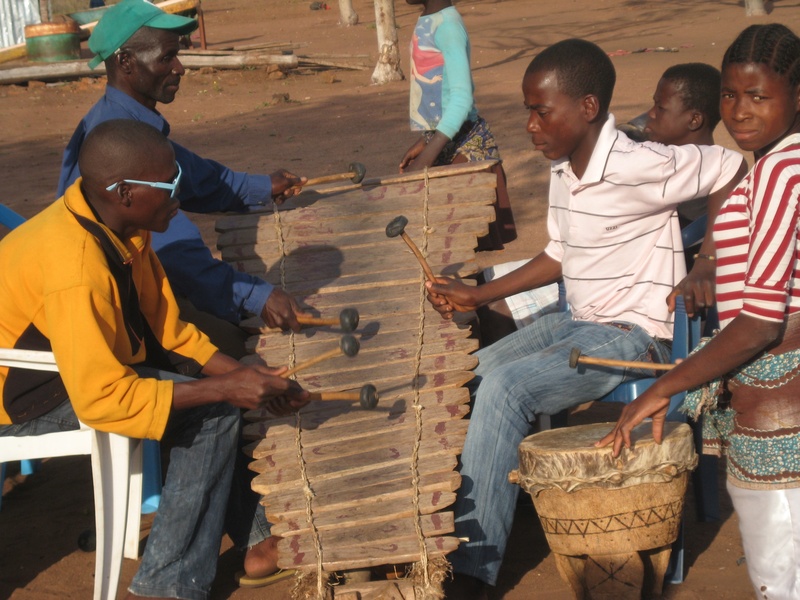
How extended is the problem of HIV/AIDS in Mozambique and what are the
main reasons (lack of awareness, social customs, etc…)?
epidemics varies from region to region with a high rises in the urban and
developing areas and reduction in the rural areas, the rise can also be noted
in areas with high tourist attraction, new mega project in implementation (mining
etc.) and border towns. Some of the major key drivers of this epidemic are:
rural areas as many communities are still tied up into cultural beliefs, some
are good and should be preserved but there are others that should be abolished,
as they do not have any help to the community but destruction and even deaths.
The cleansing ceremonies especially after one loses his or her spouse is still
actively practiced and it has been a major cause of transmission. In the
ceremony condom is not allowed, no test is conducted and in many cases hired
man who have been practicing this ceremony within communities are involved.
Other drivers are related to poverty, multiple sex partners, and friends with
benefits, polygamy, wife inheritance and Ignorance in general community
desire for new items and lack of dialogue with their parents has been
contributing for the spread of this epidemic. In the rural areas, some parents
force their girl child to get married for wealth and some want to see their
grandchildren before they die. Most of these girls are young and are forced to
marry with elderly or wealth men who already have other wives. In other cases,
boys and girls would end up practicing unprotected sex to show their peer that
their sexual organs are functioning and this leads them to having multiple partners.
Gaps in information still exist. Gaps include a general lack of information
about behavioural formation and its connection to cultural beliefs and
perceptions, and specialist studies focusing on endogenous cultural factors.
For example, as of yet there is little information explaining or demystifying
magic and certain beliefs (myths), as well as their ‘channels’ (religion,
ancestral worship, witchcraft, traditional medicine).
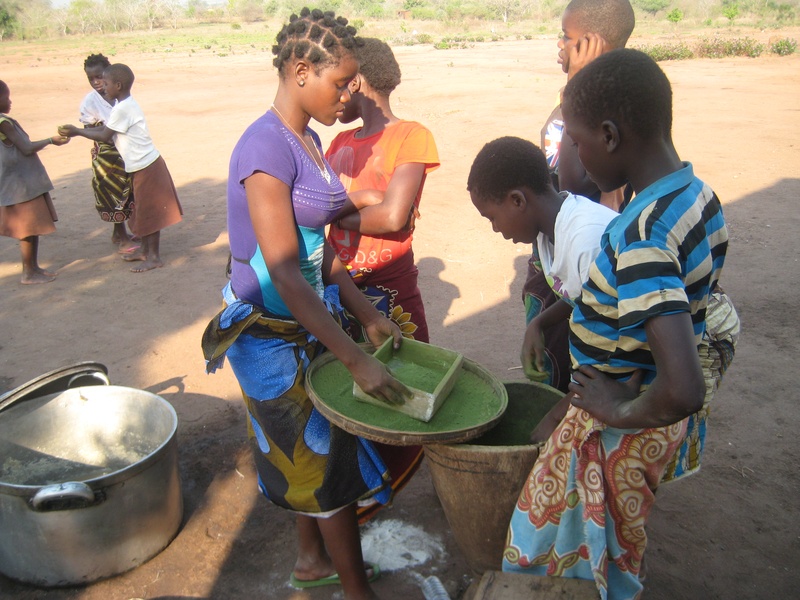
Are women disadvantaged social groups when it comes to HIV/AIDS? If yes,
why?
Women and girls are a disadvantaged social
group, first because of their position in cultural customs, where they are
considered weak incapable, were born to get married and bear children, take
care of the family and total submission to their husbands.
To a certain degree, HIV/AIDS has been
experienced in terms of this sociocultural arrangement, which defines disease
as the result of action by social subjects that jeopardizes the person, placing
women in the vulnerable position of being seen as the producers of disease.
When it comes to HIV and AIDs men tend to blame
women in case they test positive. The health system tests all pregnant women
who come to the hospital and few men accompany their partners, when they get
home and inform about their status, when it is positive, they chase them out of
their homes saying they are prostitutes but in most cases, men are the
transmitters. When it comes to cultural beliefs and customs women are always
the victim of sexual cleansing ceremonies, there has been many cases of HIV
transmission, STDs and unwanted pregnancies through these ceremonies. This
cultural beliefs and custom has left an image where by, Women are recognized as
doers of maleficence and the carriers of impurities that cause disease,
especially in the realm of sexuality, and they are the object of constant
mistrust. By reaffirming a moral logic, prevention messages effectively allow
women to be seen as untrustworthy, because they are “culturally”
viewed as potential transmitters of diseases via sex. Women who demand the use
of a condom run the risk of being marked as promiscuous, not very trustworthy,
and associated with risk groups.
Girls are forced to drop out of school and get
married or take care of the family. They are raised with a mentality of zero
opportunity and no voice at all for those who challenge the system they are
considered rebellious and their parents a fail. The Mozambican Government in
conjunction with other stake holders are working hard to eliminate the violence
against women and girls but fear and lack of profession make lots of women to go dump even though they are
continuously being abused. Lack of
education and employment opportunities has led many women to end up into
prostitution where in this process some men would pay large sums of money to
have unprotected sex.
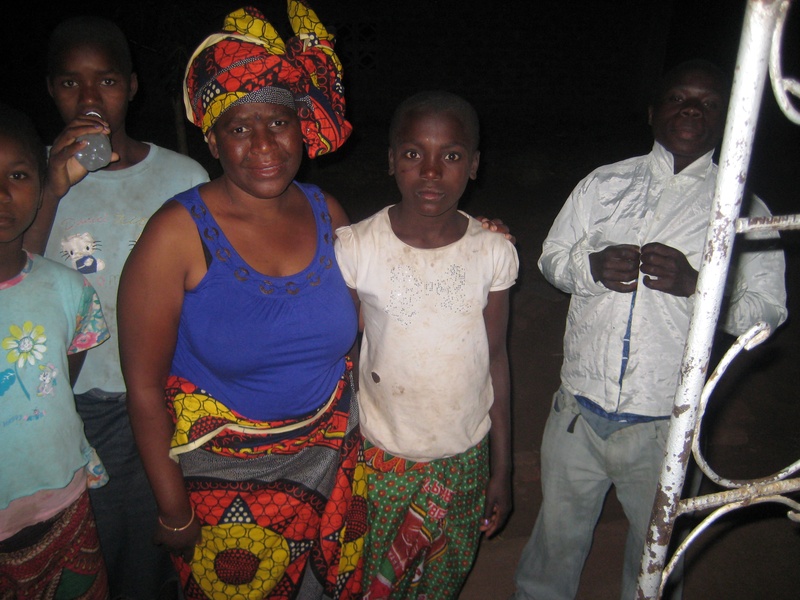
How do you prevent the infection?
Everyone from all age groups and backgrounds
need to be involved to fight the infection. Even though we encounter different
barriers in different communities’ settings. Some of the ways we have been
using as prevention is through creation of male and female support groups, in
this groups women who are afraid are able to open up and share their
difficulties after hearing other women share their stories and experience
especially related to risky cultural norms and practices. For the male support
group it is same as female but in this group male involvement in the whole
pregnancy services adherence and family health in general. Man need to
participate actively and be present. We encourage and motivate couple testing
to avoid discordances and pointing finger. We also conduct youths and parents
workshops to promote dialogue and openness while discussing reproductive health
and sex, because if they do not teach them they will learn the wrong way. We
use Community mobilization through drama and mass media but our focus is
focused group. We also promote workshops with traditional healers and religious
leaders as the play a great role in decision making within their communities.
They assist us in referring patients and believers for testing and medication,
as they trust them.
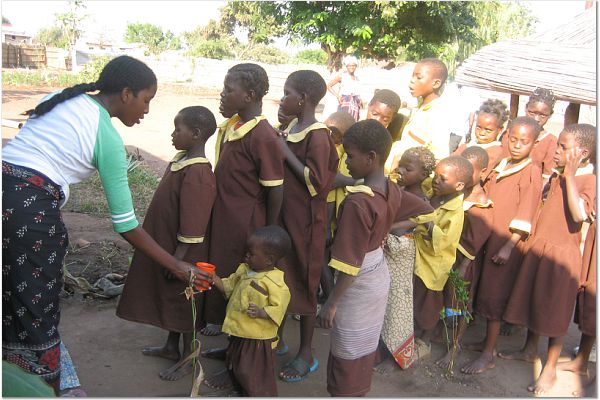
What services and support do you offer to people affected by HIV/AIDS?
We act as a link between the Hospitals and the
communities, where we conduct cancelling and referrals, provide a safe and
friendly environment for the youths home visits for follow-ups and education in
conjunction with the hospital. Due to distances to the nearest health post, we establish
Family care Homes where HIV pregnant women and their close family member stay
and receive adequate diet, parenting and nutrition lessons and general health
education. With this, homes when the time of delivery comes the doctor are
ready and near to assist them and thus Prevents Mother to Child Transmission.
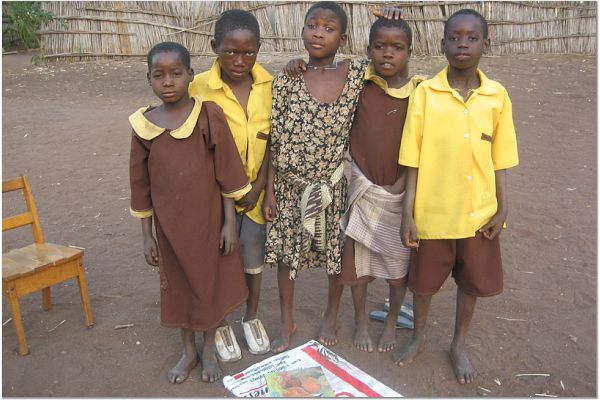
Do you cooperate with local authorities and institutions? If yes, how?
been developed and continued to be designed in response to the needs of the
community and in order for us to provide quality and trustful services we
involve all our stakeholders (ministry of Health staff, religious, Community
leaders, beneficiaries and organization staff) through networking and referrals
we complement each other. We cannot provide all services but through good
collaboration and involvement of local authorities and institutions, we have
been able to close the circle. We also conduct quarterly meetings to share
success stories and evaluate the interventions and program implementation in
the community and share lesson learned.


